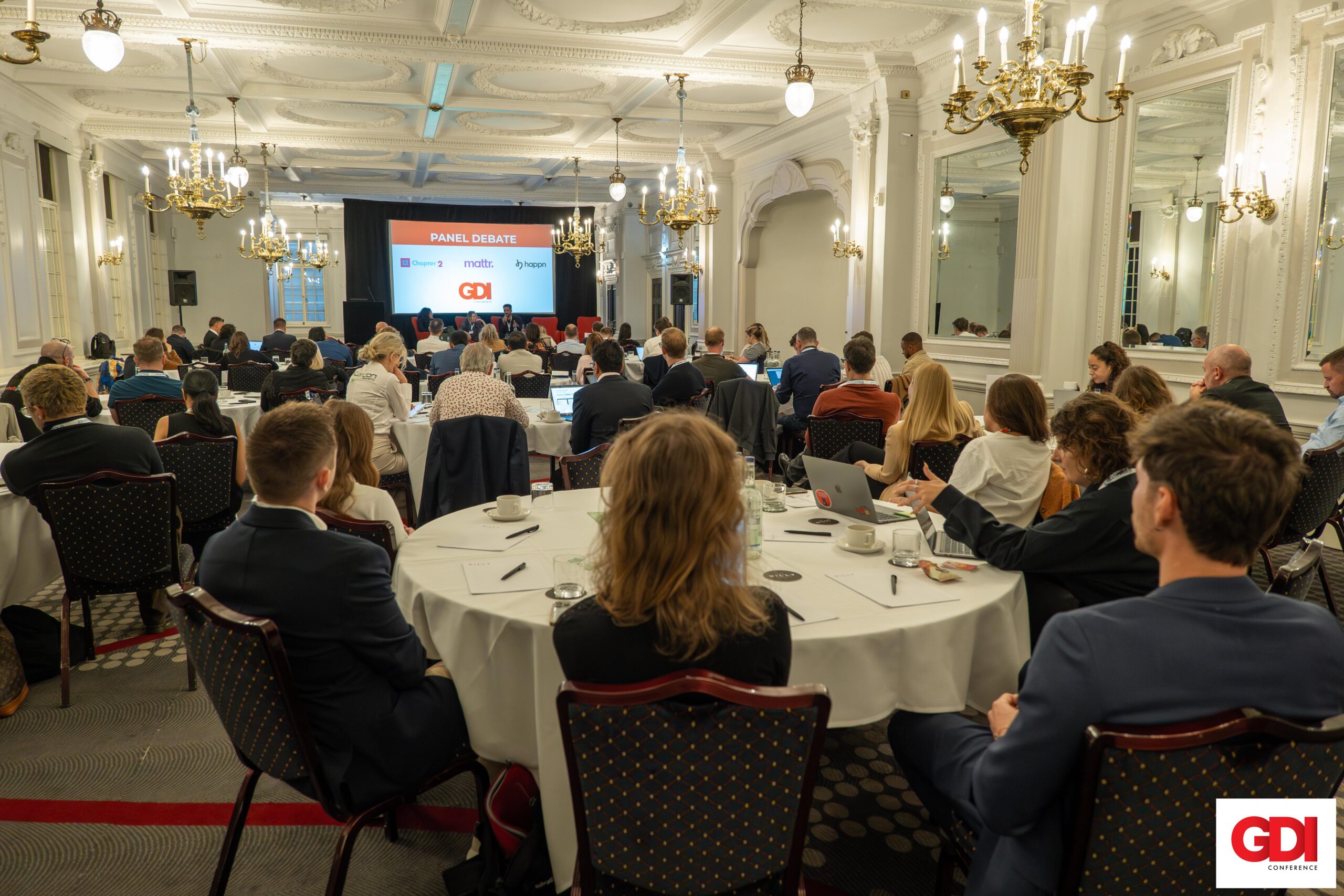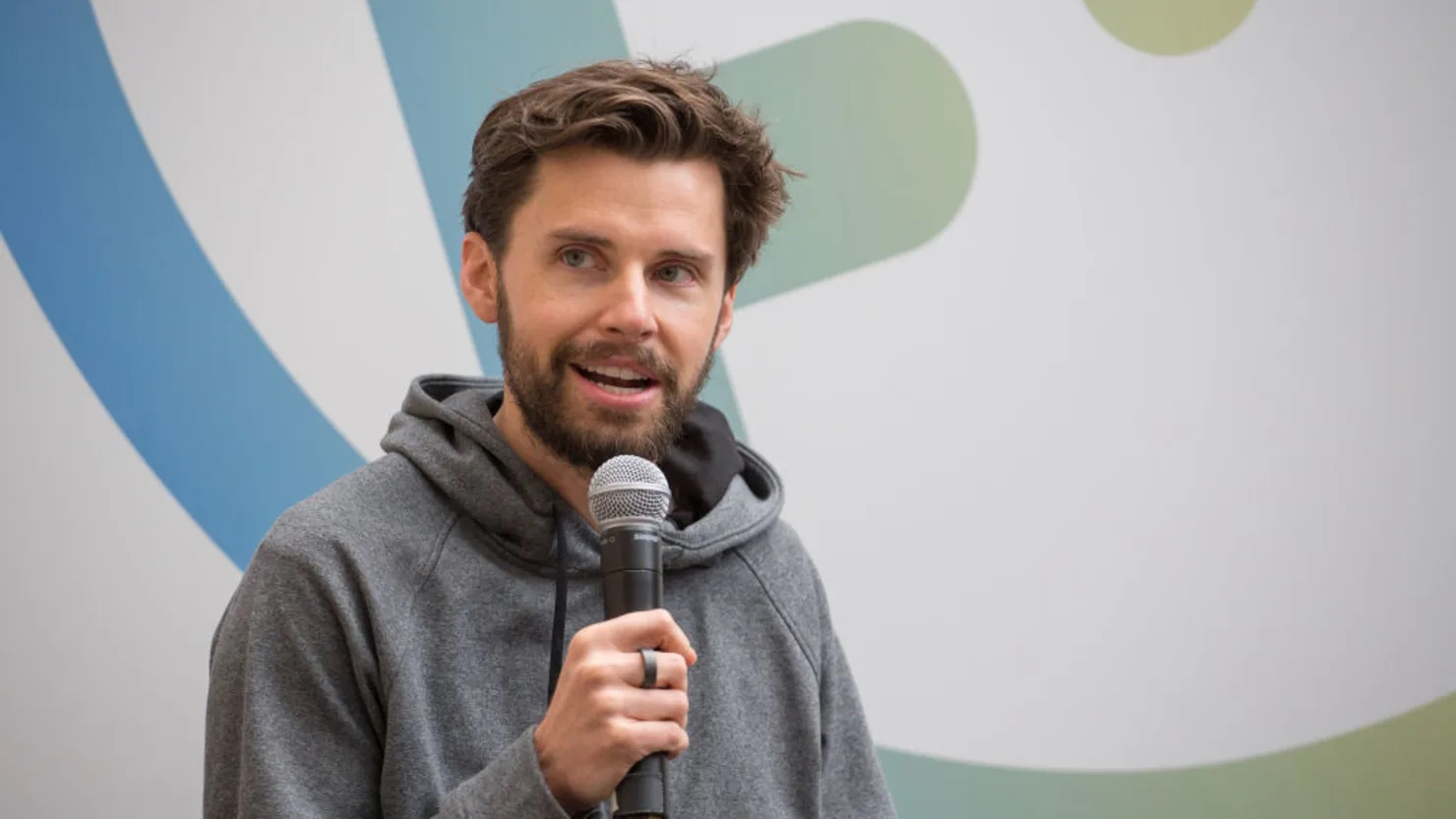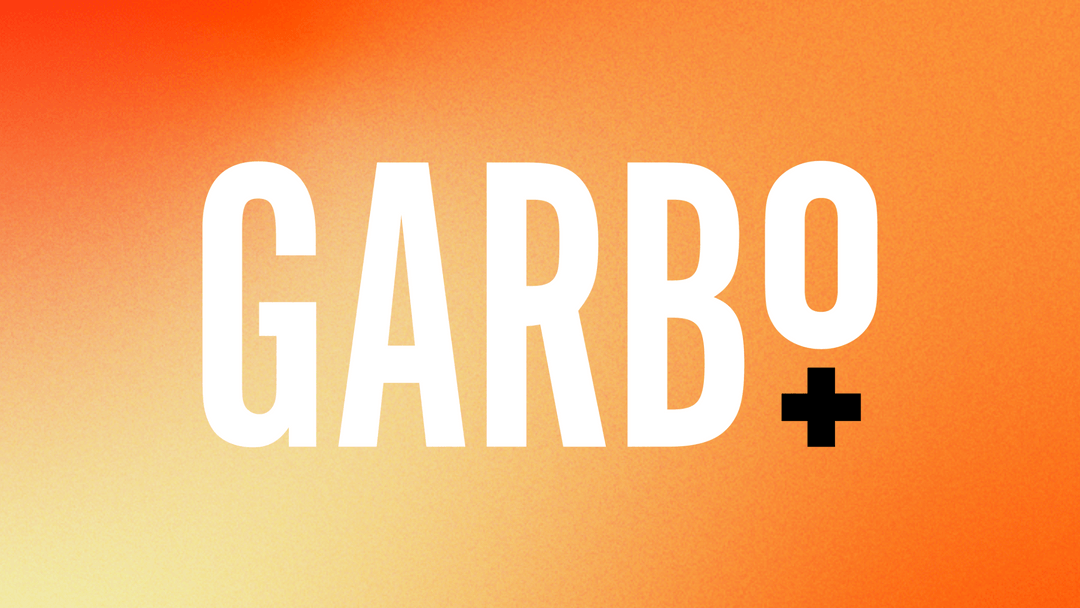A recent nationwide survey conducted by Gleeden and IPSOS – currently only shared privately – sheds light on the sociocultural forces steering relationship decisions in India. The findings indicate that 61% of respondents feel their decision to remain monogamous is a product of societal pressure, while only 29% believe it stems from personal choice – 10% were uncertain.
This pattern remains steady across India’s Tier-1 and Tier-2 cities, professions, and age groups. In metropolitan areas such as Delhi, Mumbai, and Hyderabad, around 62–63% report staying monogamous due to external expectations. Even in smaller cities, the trend holds strong. The perception of whether monogamy aligns with natural human instincts also varies. Just 26% view it as both natural and achievable, while 41% believe it contradicts innate human tendencies.
The data suggests that relationship norms – from dating to intimacy – are shaped more by cultural legacy than personal preference. More importantly, it hints that there could be a huge untapped audience for any platforms that allow users to quietly explore these other dating options and relationship structures, rather than feeling pressured to conform into monogamy.
In a previously released study, Gleeden found that its own user base has grown significantly in India in recent years, with more and more users looking for non-traditional relationship options.
While there is still a stigma against polyamory – not just in India, but in many places across the world – it has also generally become more normalized than in previous decades. With more and more dating apps being founded that allow for polyamorous connections, India may end up providing a huge market of new users – apps just have to draw them out of hiding their polyamorous preferences first.























